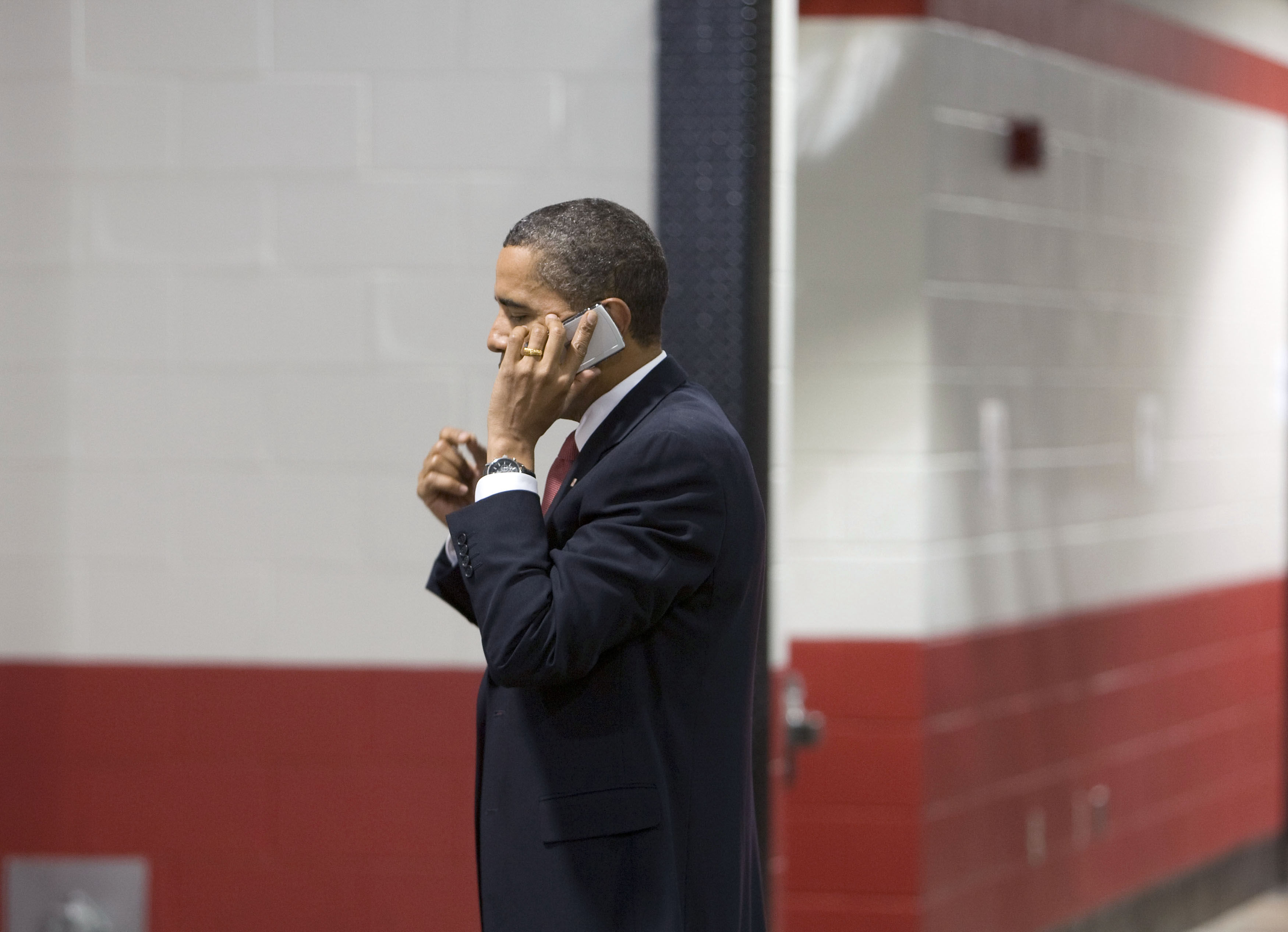Election warning for British troops in Afghanistan
Updated on 13 April 2010
The commander of NATO forces in Afghanistan, General Stanley McChrystal, has told Channel Four News that he is prepared for British forces to be targeted more intensely by the Taliban in a bid to influence the general election.

General McChrystal has operational control over British troops, which have suffered 281 deaths since operations began in Afghanistan in 2001.
He said: "I think it's a possibility and something we've got to be ready for. I do see the insurgency trying to target different forces at different times. It has not been particularly effective, but I think they perceive vulnerability - not of Brit forces in particular - but at times they try to use a political wedge, I would say."
Asked whether the British casualty rate - already high - would continue, General McChrystal said: "It would be mistaken of me to predict, but I would say that we have got to continue to make progress and I expect that that will require a lot from each of our forces and I think the courage of British forces will just continue to be shown."
In a revealing interview, the general also makes the first indication that he has been in talks about moving British troops from Helmand to elsewhere in Afghanistan.
British commanders have denied speculation that US Marines would prefer to control Helmand in its entirety, perhaps moving British forces to Uruzgun or Kandahar, from where the Dutch and Canadian troops are leaving next year.
General McChrystal said: "British troops are very very good troops as you well know. And they have proven themselves time and again and I have been honoured to work closely with them. So if situations were to arise where it would make sense to ask to employ them differently then I would do that".
Asked to clarify that there had as yet been no discussions about moving British troops, the general said: "There has been no planning about that …. I will keep my discussions to myself and the people I discuss them with."
General McChrystal is considered by many to be perhaps the only senior American official with a working relationship with the Afghan president Hamid Karzai, who has over the past weeks strained his already tense ties to Washington with a series of outbursts.
President Karzai recently railed at Western interference in Afghanistan, accusing the UN of trying to fix elections he was himself accused of rigging.
He also reportedly told Afghan MPs that if such interference continued he might join the Taliban himself - comments his spokesperson later denied.
The General said allowances should be made for the comments. He said, of the recent outbursts: "War is high stress stuff. Even if you are not in uniform, you are involved in a fight like this. It creates a lot of pressures on everybody. So I think it is understandable when people will make comments on all sides. But I think we all got to stop, put those in perspective and make allowances for them."
At this time of greater pressure though and perceived unpredictability from the Kabul government, President Karzai is being allowed a greater role in NATO's military planning, General McChrystal referring to him as "the commander in chief of operations in this country".
He said the president would have a large say in future operations and in the planning of the forthcoming offensive to retake the Taliban stronghold of Kandahar, although he stopped short of accepting the president could veto the offensive.
He said Karzai "understands the requirement to improve security around Kandahar so he will have a huge say on providing guidance on how we shape that security."
He added: "I don't think a veto's even is something we're talking about. He has told people of Kandahar that they will be included in the decision making process and shaping this and I think it is appropriate."
General McChrystal - despite years as a special operations commander in Iraq - has a very political role in Afghanistan where he has repeatedly said the war cannot be won by force alone, but a political settlement is needed. This will involve - or already involves it seems - talks with high-level Taliban leaders and the Afghan government, with tacit NATO approval.
He refused to express his personal opinion about whether senior Taliban leaders such a Mullah Omar should be negotiated with, saying that it was for the Afghan government and people to work out any peace settlement.
But he did say senior leaders such as Mullah Omar could end up in a future government if the deal was acceptable to the Afghan people.
He said: "If it is acceptable to the Afghan people. The Afghan people have bled for 31 years and the coalition has now bled for nine years. So to me it's important that what is shaped is acceptable to Afghans to make it as durable as possible."





